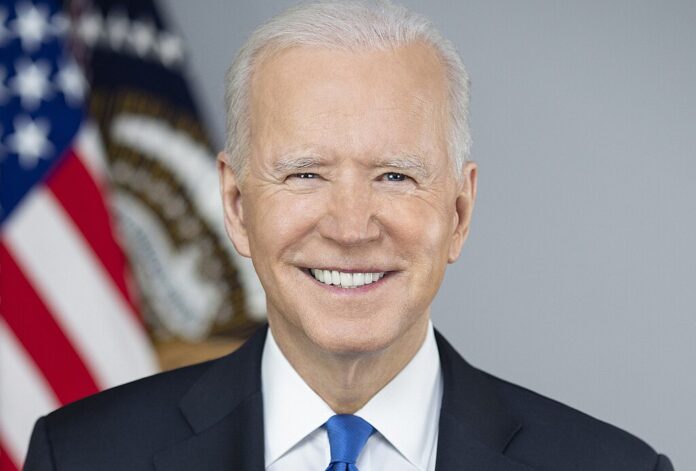In a critical call, President Biden expresses his stance on Israeli operations in Gaza as domestic pressures mount
President Joe Biden recently communicated with Israeli Prime Minister Benjamin Netanyahu, amidst growing tensions in the United States related to the Israel-Hamas conflict. This conversation, which took place against a backdrop of increasing protests on U.S. college campuses, aimed to address the contentious issue of a potential Israeli ground offensive in the southern Gaza city of Rafah.
During the phone call, President Biden reaffirmed the United States’ strong commitment to Israel’s security, particularly following the recent missile and drone attacks by Iran. The two leaders discussed the ongoing hostage situations, cease-fire efforts, and the distribution of humanitarian aid in Gaza. However, a significant point of divergence arose regarding the Israeli strategy in Rafah, where Netanyahu appears to be considering a ground offensive, a move publicly opposed by the U.S.
Embed from Getty ImagesThe White House stated, “The leaders discussed Rafah, and the President reiterated his clear position.” Over a million Palestinians are currently seeking refuge in Rafah, highlighting the humanitarian concerns associated with any military escalation in the area.
John Kirby, a spokesperson for the National Security Council, elaborated on the discussions during an interview with ABC News, noting that Israeli leaders had promised not to proceed with actions in Rafah without further consultations with the U.S. “We’ll see where that goes,” Kirby remarked, indicating ongoing diplomatic efforts to align strategies.
The call also occurs in a climate of heightened domestic sensitivity. Pro-Palestinian demonstrations have spread across various U.S. universities, with students advocating for an end to the conflict and calling for their institutions to divest from companies that conduct business in Israel. These protests are part of broader calls from progressive and Muslim American groups who have criticized Biden’s support for Israel following the surprise attack by Hamas on October 7.
Conversely, there are increasing calls for Biden to speak out against the rise of antisemitism seen on some college campuses. This domestic unrest adds a layer of complexity to Biden’s foreign policy approach, balancing international strategic interests with internal political pressures.
This discussion marks the first interaction between Biden and Netanyahu since their last conversation on April 4, following an Israeli airstrike that resulted in the deaths of seven humanitarian workers from the World Central Kitchen. The U.S. response has become noticeably firmer in tone following these events, with Biden expressing explicit concerns over Netanyahu’s handling of the conflict and its humanitarian implications
